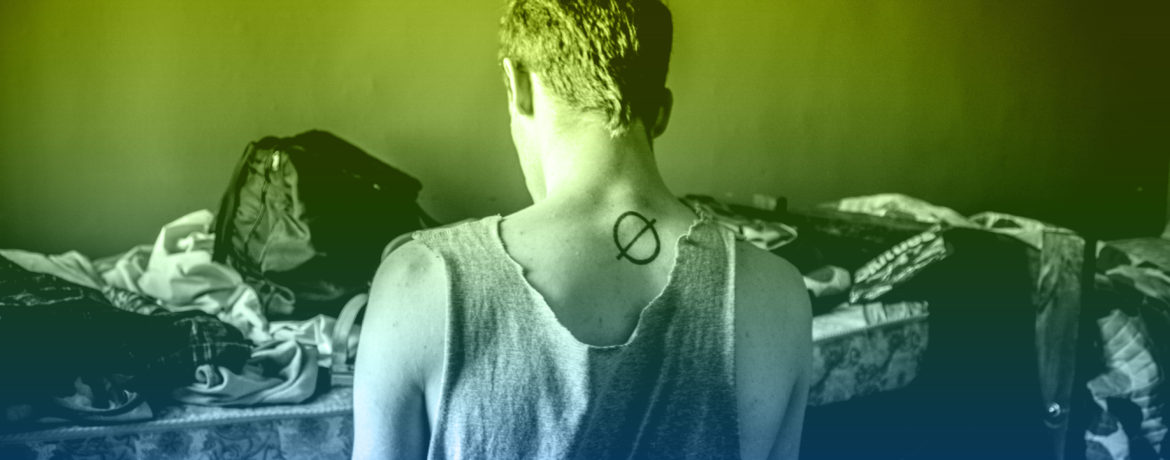How to Get Help if your Child is Abusing Drugs
Every parent worries that their child will fall into unhealthy behavioral patterns. One of the biggest concerns for many parents is that their teenager is using drugs or alcohol. According to the CDC, In 2013 there were approximately 119,000 emergency room visits by persons aged 12 to 21 for injuries and other conditions linked to alcohol. Because underage drinking and the use of illicit drugs in teenagers have become more prevalent, it is important to be able to spot the warning signs of drug or alcohol abuse and arm yourself with facts on how to get your child help.
Signs of Drug or Alcohol Abuse
- Possession of drugs/alcohol: This is the most obvious sign that your child may suffer from an addiction. While substances like alcohol and marijuana have distinctive smells, other illicit drugs such as pills are harder to find. If you do come across unidentifiable pills in your child’s belongings, you can look up the numbers or letters displayed on the pill to find out what drug it is.
- A decrease in interest for activities: If you notice that your child is suddenly quitting an after-school activity they once loved, hanging out with friends less, or just showing a decreased interest in something they used to cherish, they may be suffering from an addiction. Commonly, people who are addicted to drugs begin to value the drug over any other thing in their lives.
- Behavioral changes: A sudden change in behavior can often indicate drug abuse. Varying drugs can cause behavior such as; fits of rage, overall apathy towards life, sudden outbursts, hypersexuality, depression, anxiety, etc.
- Sudden changes in appetite: Typically, when a person is addicted to drugs their appetite will fluctuate. Some drugs cause complete loss of appetite, while others may cause a great increase in appetite. If your child displays one of these extreme changes in appetite, they may be abusing drugs/alcohol.
- Lying and/or stealing: When teens abuse drugs, they often lie about where they have been, what they were doing, or even who they were hanging out with. If you catch your child in lies similar to these often, they may be abusing drugs. When addicted to drugs, people often have to steal items or money in order to obtain more. If your child is stealing from you, it may be time to consider that they may be abusing drugs.
- A decline of grades in school: If your child is suffering from an addiction, you will probably also notice a significant drop in their grades at school. When addicted to a substance, everything else takes a backseat to getting high.
While all of these signs are extremely common in correlation to addiction, they all can individually signify another issue such as mental illness or just plain teenage defiance. If you have noticed some of these symptoms in your child’s behavior and suspect addiction, you should become informed on how to get them help.
Treatment Options
Addiction is a serious disease that requires specialized medical attention by trained professionals. Coming off of drugs or alcohol can pose many new medical issues, so finding a good treatment center is imperative to your child’s safety.
Types of treatment:
- Medically-assisted detox: Detox centers are the first step towards recovery from addiction. In detox, medical professionals help patients navigate through withdrawals by giving them the proper medication, 24/7 medical surveillance, therapy, and knowledge on addiction.
- Inpatient treatment: Inpatient treatment centers usually keep patients for around 90 days. Patients reside on campus and receive the same care that they got while in detox, but also get more freedom and more extensive therapy sessions in order to heal the mind as well as the body.
- Outpatient treatment: Outpatient programs provide patients with the same therapy and care as inpatient treatments on a less intense level. Patients don’t live on campus, can pick schedules that work around their outside responsibilities, and require less commitment. It is common for patients to go through an inpatient level of care and then transition into outpatient treatment after completion.
- Halfway or sober living residences: This is typically the last step in addiction treatment. Halfway houses are drug-free environments for sober individuals to reside at while transitioning back into independent living. They provide structure, support, and guidance for the residents while they become acclimated to living a sober life.
Each of these types of treatment can be utilized either alone or in correspondence with each other. Finding a treatment center that fits your child’s needs is extremely important in assuring long-term sobriety. Getting sober is not easy, especially when you are at the developmental stage of your life. In order to ensure your teenager gets the best treatment possible, it is imperative that you research a treatment center extensively before enrolling your child.
Recovery is possible for your child and for you. Families are affected by their loved one’s addiction as well. Seek out a local support group for people who have been affected by the residual effects of their loved one’s drug/alcohol abuse.
Guest blog post by Kailey Fitzgerald
Tags: addiction recovery, Cleveland, Creating a Healthy Lifestyle in Recovery, Crossroads, crossroads health, Crossroads of Lake County, drug abuse, drug warning, drugs, health, health services, healthy kids, lake county, mental health cleveland, recovery, recovery story, substance abuse, treatment and recovery, warning signs

